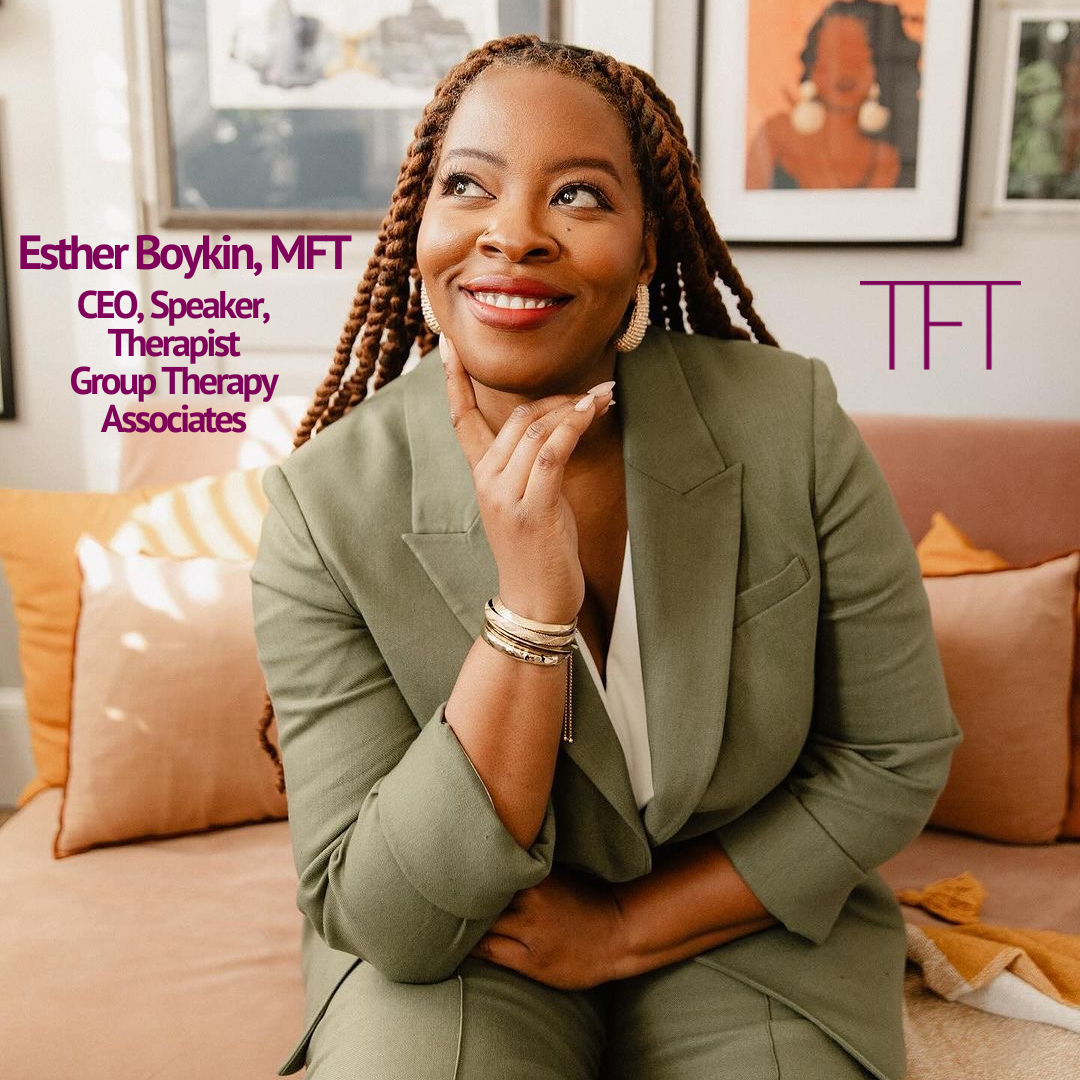
The journey through menopause is often depicted through the lens of physical symptoms - hot flashes, night sweats, and weight changes. However, the mental health aspects of this transition deserve equal attention. Many women's menopause journeys start with mental health changes before moving onto more physical symptoms, and are chalked up to aging, overwork, marital problems, and family challenges.
In a recent conversation with renowned marriage and family therapist Esther Boykin, we uncovered crucial insights about mental wellness during menopause that every woman should know.
1. Depression and Anxiety Are Normal - Really Normal
Let's start with a surprising statistic: up to 86% of women experience mental health-related issues during perimenopause and menopause. If you're dealing with anxiety or depression during this time, you're not alone - not by a long shot. Between 23-33% of women experience heightened anxiety during menopause, yet around 80% don't discuss these challenges with their partners.
Remember: These feelings aren't a personal failing; they're a biological response to significant hormonal changes. Your brain chemistry is literally shifting, and it's okay to feel different.
2. The Silent Signal: Loss of Joy
One of the most overlooked symptoms of menopausal depression is the quiet disappearance of joy. This isn't about being sad all the time - it's about feeling nothing when doing things you used to love. Maybe your morning coffee ritual doesn't bring the same pleasure, or your favorite activities feel flat.
Many women dismiss this symptom because they're still "functioning" - excelling at work, taking care of family, maintaining their responsibilities. But being functional doesn't equal being well. If you've lost your sense of joy, it's a valid reason to seek support.
3. When Relationships Feel Different
During menopause, many women suddenly find themselves questioning their relationships, especially with romantic partners. What feels like relationship problems might actually be hormone-related changes in how we perceive and process emotions.
Before making major relationship decisions during this time, consider speaking with a mental health professional. The "ick" factor you're feeling toward your partner might be more about hormones than harmony - or it might not. I recently reflected on Instagram about my own experience with 'the ick' and how it almost derailed my partnership. Thankfully, through talking with my partner we noticed a pattern of reactivity that increased when I cycled (infrequent as that may be). A professional can help you sort through these complex feelings.
4. The Power of Professional Support
Here's a crucial truth: You don't need to wait for a crisis to seek mental health support. Therapy during menopause can be preventative, not just reactive. Even a short-term engagement of six sessions can provide valuable tools and insights for navigating this transition.
Consider building a support team: a therapist for emotional support, a medical provider for physical symptoms, and trusted friends or family for daily encouragement. This isn't overkill - it's good self-care during a significant life transition.
5. Breaking the Silence
Perhaps the most important takeaway is the power of speaking up. The shame and silence surrounding menopausal mental health challenges only make them harder to bear. Share your experiences with trusted friends, family members, or healthcare providers. Educate yourself about symptoms and options. Remember that treatment - whether therapy, medication, hormone therapy, or a combination - is normal and often necessary.
The Bottom Line
Menopause is a significant transition that affects both body and mind. By understanding and openly discussing the mental health aspects of this journey, we can better support ourselves and each other through it. As Esther Boykin reminds us, "seeking help isn't a sign of weakness - it's a smart strategy for navigating one of life's most significant transitions."
Remember: You deserve support, understanding, and treatment options that work for you. Don't hesitate to reach out for help in creating your own path through this important life stage.
Looking for support? Reach out to mental health professionals like Esther Boykin, MFT or start with your primary care physician for referrals to a local mental health professional.
Looking for community support? Join The Fuchsia Tent Community where we have multiple menopause experts join us each month, and a growing group of incredible women who are here to support through every stage of this transition.

